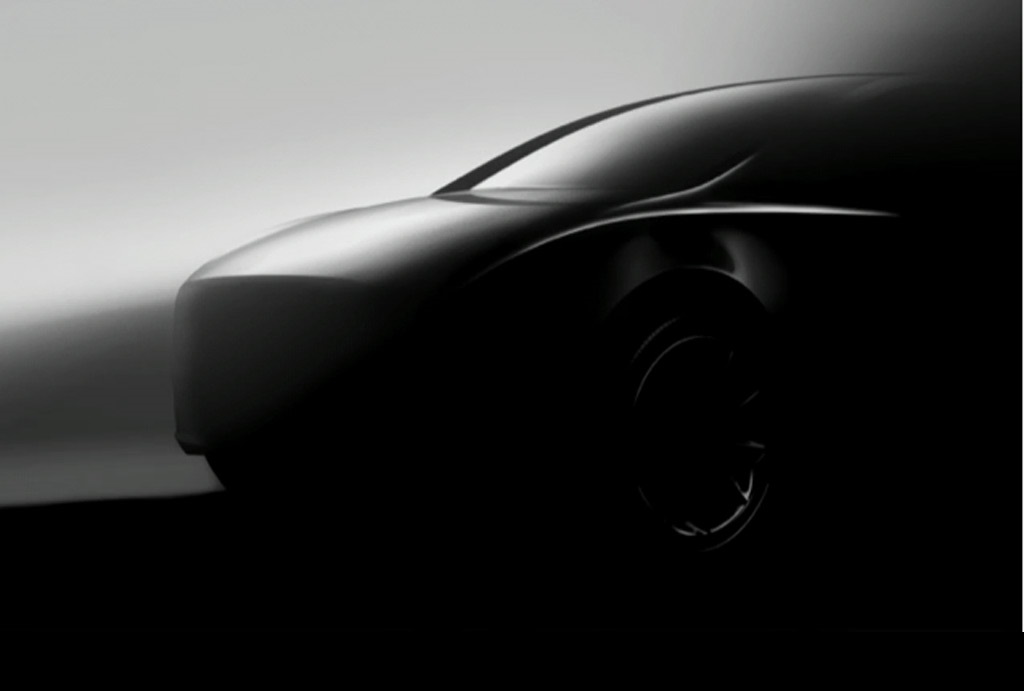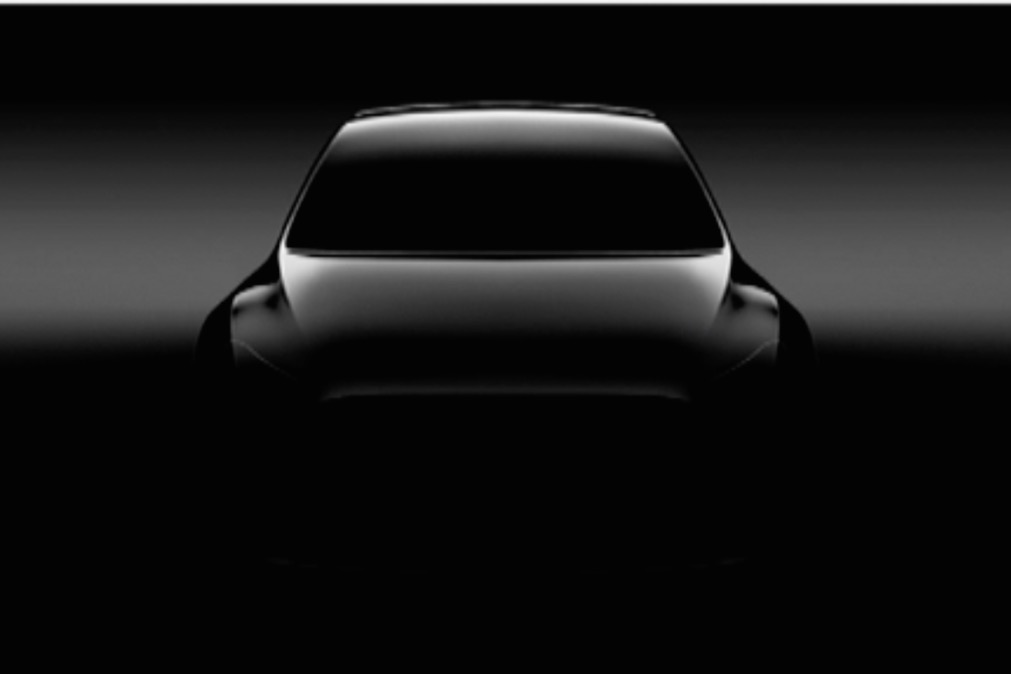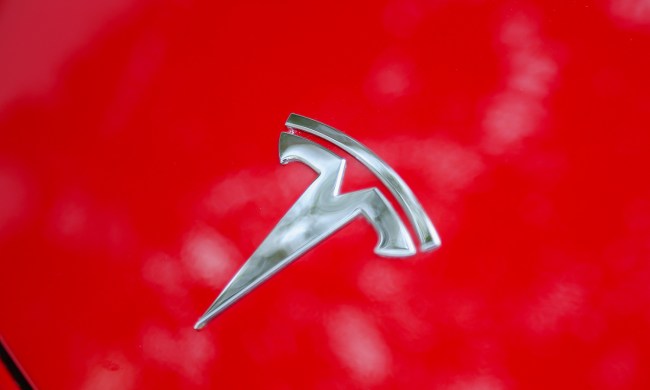Tesla has a new electric vehicle in the works, though truth be told, we know very little about the Model Y crossover at this stage.
But in a letter to investors published on Wednesday, January 30, Elon Musk, the man who runs the Tesla show, confirmed that the company will start tooling for the Model Y this year with a view to achieving volume production “by the end of 2020.”
Musk also revealed that the Model Y is “most likely” to be manufactured not at its Fremont factory, which is already running at capacity producing other Tesla cars, but at its enormous Gigafactory 1 facility in Nevada.
He added that the new SUV will share “about 75 percent” of its components with the Model 3, and as a result the cost of the Model Y production line “should be substantially lower than the Model 3 line in Fremont.” The production ramp is also expected to be faster.
Speaking later in an earnings call, Musk said that the buoyant midsize SUV market means the Model Y volume could be 50 percent higher than the Model 3. Tesla delivered around 140,000 Model 3 vehicles in 2018, with the other 110,000 sales split between the more expensive Model S and Model X autos.
Musk has said previously that Tesla would take the wraps off the much-anticipated Model Y on March 15, 2019, though it’s not clear if that date still stands. For now, all we have are a couple of stylized teaser images revealing, well, not much at all … except that the vehicle may ditch sideview mirrors for cameras. If that’s the case, it’ll have to convince regulators that such a design poses no safety risk. Pricing for the Model Y isn’t known at this stage, though it has been suggested the base model could cost around $40,000.
Musk’s comments regarding the Model Y came as Tesla reported profits for two consecutive quarters for the first time in its 16-year history. The latest profit registered at $139 million for the closing three months of 2018, with revenue of $7.2 billion — a new record for the company.
In his letter to investors, Musk confirmed that looking ahead, Tesla will “continue to develop our main projects, such as Gigafactory Shanghai, Model Y and Tesla Semi,” while also working to expand its Supercharger network.




